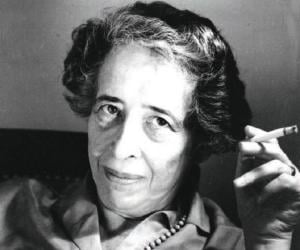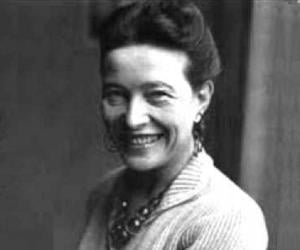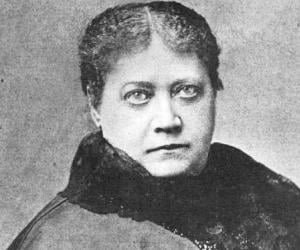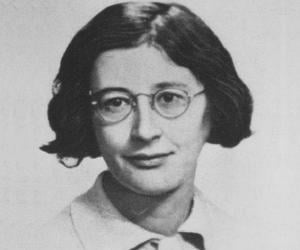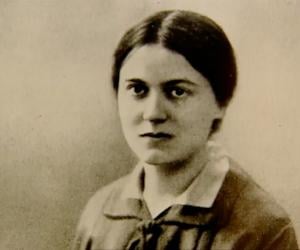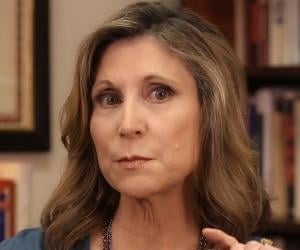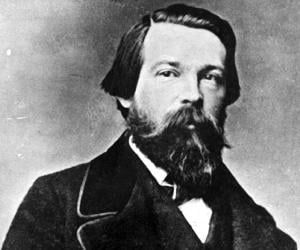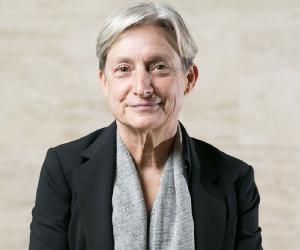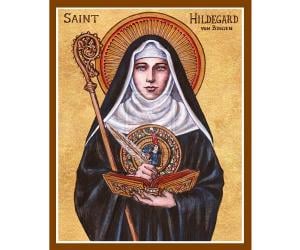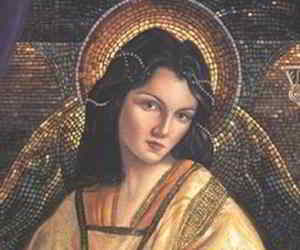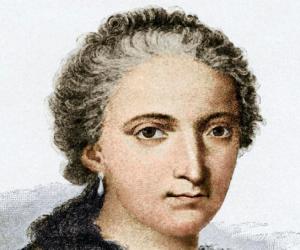Hannah Arendt was a political theorist. Widely regarded as one of the 20th century's most prominent political thinkers, Hannah Arendt's articles and books have had a significant influence on philosophy and political theory. Her life and work inspired the 2012 biographical drama film, Hannah Arendt. Her work has also inspired several biographies written by popular authors.
Russian philosopher Helena Blavatsky, or Madame Blavatsky, was one of the co-founders of the Theosophical Society. She popularized the slogan “There is no religion higher than truth.” She was inspired by the Arya Samaj and later converted to Buddhism. She also wrote books such as The Secret Doctrine.
Edith Stein was a German Jewish philosopher who studied at the University of Freiburg and completed her dissertation on empathy. Always interested in Catholicism, she read the autobiography of the mystic Teresa of Ávila and converted to Christianity, and became a Discalced Carmelite nun. She was killed in the Auschwitz concentration camp and is canonized as a martyr.
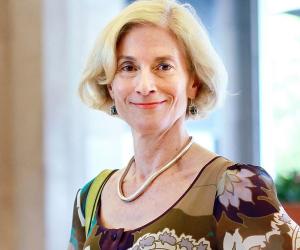
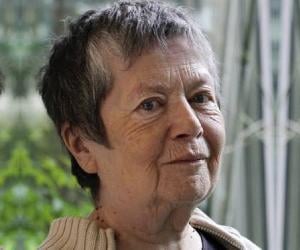
Luce Irigaray is a Belgian-born French philosopher, feminist, linguist, psychoanalyst, psycholinguist, and cultural theorist. She is best known for her research that examined the role of language in relation to women. Luce Irigaray's 1974 book Speculum of the Other Woman analyzes the texts of Plato, Aristotle, Kant, Freud, Descartes, and Hegel through the lens of phallocentrism.

French social theorist Charles Fourier is regarded as one of the pioneers of utopian socialism. Apart from advocating social reconstruction based on phalanges, or Fourierism, he is also credited with coining the term feminism with respect to women’s rights. The Social Destiny of Man remains one of his notable works.
Friedrich Engels was a German philosopher, political scientist, and revolutionary socialist. Along with Karl Marx, Engels helped develop Marxism, which has had a profound impact on fields like philosophy and anthropology. Engels is credited with helping Marx publish Das Kapital, a foundational theoretical work in politics, economics, and materialist philosophy. He also co-authored influential political documents like The Communist Manifesto.
Hildegard of Bingen was a German writer, composer, Christian mystic, visionary, philosopher, polymath, and Benedictine abbess of the High Middle Ages. Apart from being the most-recorded composers of sacred monophony in modern history, Hildegard of Bingen is also widely regarded as the founder of scientific natural history.
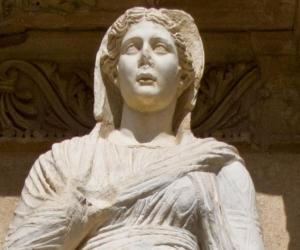

Mexican nun Juana Inés de la Cruz was one of the finest authors of the Latin American colonial era. Initially the lady-in-waiting of Mexico’s viceroy, she later took her vows. She built a huge library and penned masterpieces such as the poem Primero sueño and the religious drama El divino Narciso.
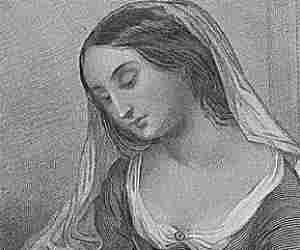
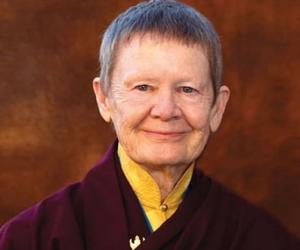
Pema Chodron is an American Tibetan Buddhist and an ordained nun. Born as Deirdre Blomfield-Brown in New York, she began studying with Tibetan Buddhist Lama Chime Rinpoche as a young woman. She eventually became a fully ordained nun or bhikṣuṇī. She is the author of several dozen books and audiobooks. She is the principal teacher at Gampo Abbey.
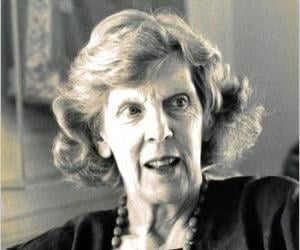
Philippa Foot is remembered as a forerunner of what is now known as virtue ethics. Granddaughter of American president Grover Cleveland, Foot laid down the Trolley problem and believed that the morality of any act is related to its rationality. She was also associated with the charitable organization Oxfam.

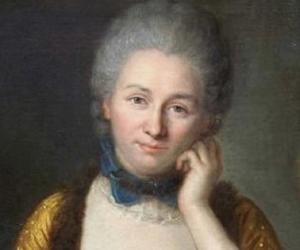
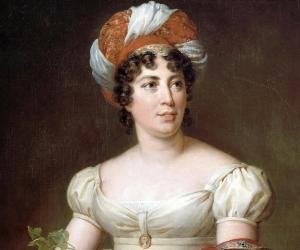
Germaine de Staël was a French political theorist and woman of letters. She is best remembered for her collaboration with the popular Swiss-French political thinker Benjamin Constant. Germaine, who was way ahead of her time, is widely regarded as a precursor of feminism.
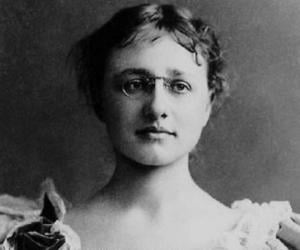
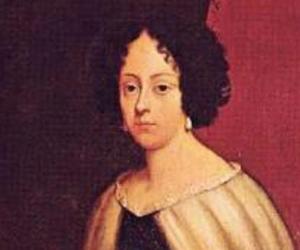
Italian mathematician Maria Gaetana Agnesi, daughter of an affluent silk trader, was well-versed in a number of languages as a child. Most of her work was regarding algebra, calculus, and the Witch of Agnesi. She was also the first female academic to write a math book and to teach math.
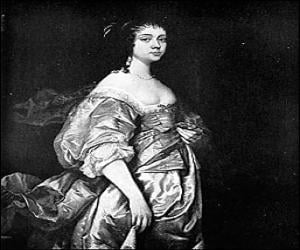
Lady Margaret Lucas Cavendish was an English poet, philosopher, playwright, fiction writer, and scientist. Margaret, who had the audacity to publish her works without using a pen name at a time when female writers remained anonymous, was ahead of her time. Not surprisingly, she was considered eccentric and earned the nickname Mad Madge. Her works gained popularity in the 1980s.

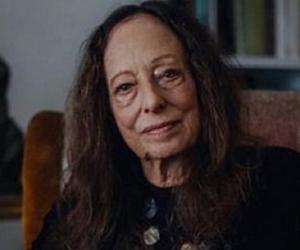
Carol Gilligan is an American psychologist, ethicist, and feminist. She is renowned for her work on ethical relationships and ethical community. She also serves as a professor of Applied Psychology and Humanities at New York University. Considered the chief architect of the ethics of care, Gilligan was named in the 25 most influential people list by Time magazine in 1996.
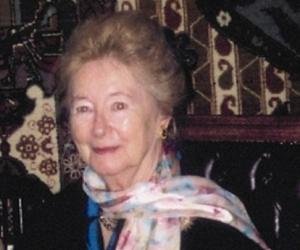
Anna-Teresa Tymieniecka was a Polish American phenomenologist and philosopher. She is credited with founding the World Phenomenology Institute (WPI) where she remained as the president until her death in 2014. Anna-Teresa Tymieniecka also contributed immensely to the popular book series Analecta Husserliana, serving as its editor since its inception in 1968.
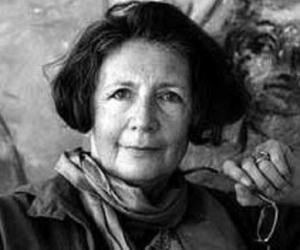
Apart from being a renowned psychologist, Alice Miller became an international sensation with her debut book, The Drama of the Gifted Child, a bestseller. A Holocaust survivor, who had lost her father in a Jewish ghetto, she analyzed child abuse, including education, violence, and parental abuse.
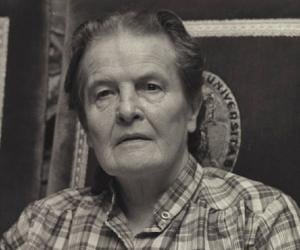
A prominent figure in the philosophical movement of Analytical Thomism, British analytic philosopher G. E. M. Anscombe is remembered for her writings on the philosophy of mind, philosophy of language, philosophical logic, philosophy of action, and ethics. The term consequentialism was introduced by her in the article Modern Moral Philosophy which has influenced the emergence of contemporary virtue ethics.
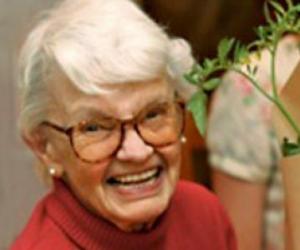
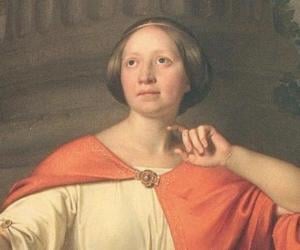
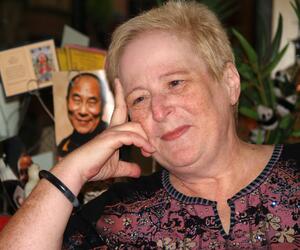
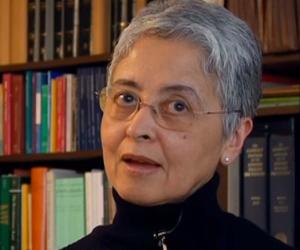

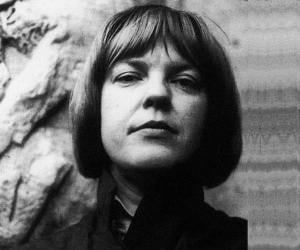
Ingeborg Bachmann completed her PhD and worked as an editor and scriptwriter before plunging into full-time writing. The Gruppe 47 member was known for depicting the trauma of women characters who had failed in relationships. She is best remembered for her poems and her lyrical novel Malina.

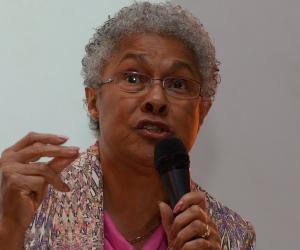
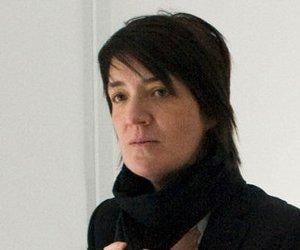
Born a woman, Paul B. Preciado initially identified himself as a lesbian and later announced his slow transition to being a man. A celebrated author and philosopher, he has penned books such as Testo Junkie, written columns on gender and sexuality, and taught subjects such as gender theory.
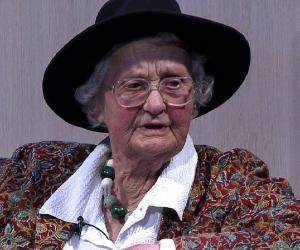
Leading British moral philosopher Mary Midgley, described as a fiercely combative philosopher by The Guardian, was known for her work on ethics, science and animal rights. She worked as senior lecturer in philosophy at Newcastle University and penned over 15 books, including Beast and Man, Animals and Why They Matter, Evolution as a Religion and Science as Salvation.
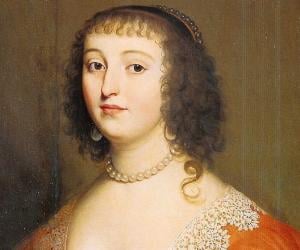

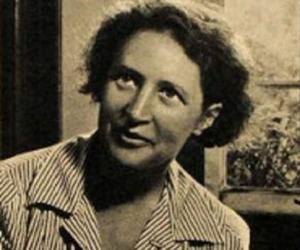
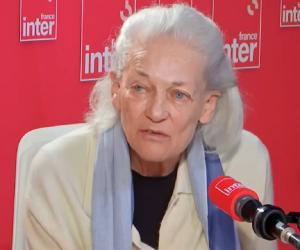
An ardent advocate of liberal feminism and also of the rights of women migrant workers, Élisabeth Badinter is an eminent French philosopher. Also a prolific author, she has published several works including L'Amour en plus ear, L'un est l'autre and La fausse route, raising contentious questions through them. Also a staunch supporter of French secularism, she supported Islamic scarf ban
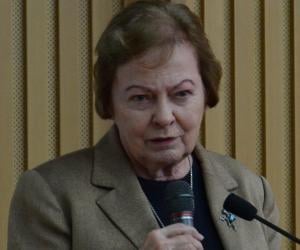
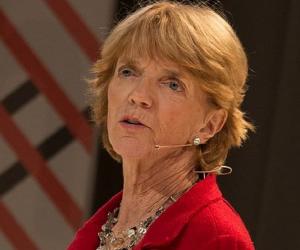

Philosopher and Utrecht University professor Rosi Braidotti was born in Italy but moved to Australia at 16. An academic whose research scope includes postmodern feminism and continental philosophy, she has also earned honorary degrees from various universities and the knighthood in the Netherlands. Her books include Nomadic Subjects.
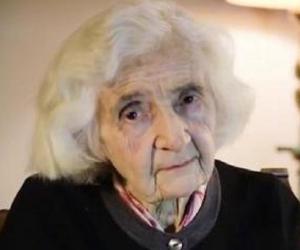
Belgian-born American Conservative Catholic philosopher Alice von Hildebrand had also been a professor at Hunter College for almost 4 decades. She was often critical of gay rights and abortion rights. Though discriminated against in her early career for being a woman, she later criticized feminism, too, and stressed on femininity.
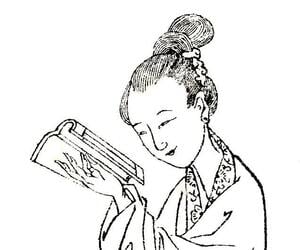
Ban Zhao was a Chinese historian, politician, and philosopher. Remembered for her immense contribution to the Book of Han, Ban Zhao was the first known female historian in the history of China. Widely regarded as China's most popular female scholar, Ban Zhao also had an interest in mathematics and astronomy. She also gained political influence by teaching Empress Deng Sui.
